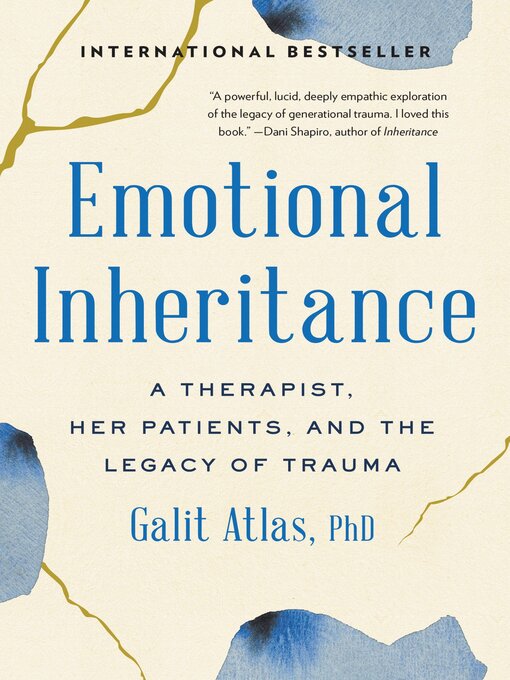Award-winning psychoanalyst Dr. Galit Atlas draws on her patients' stories—and her own life experiences—to shed light on how generational trauma affects our lives in this "intimate, textured, compassionate" book (Jon Kabat-Zinn, author of The Healing Power of Mindfulness).
The people we love and those who raised us live inside us; we experience their emotional pain, we dream their memories, and these things shape our lives in ways we don’t always recognize. Emotional Inheritance is about family secrets that keep us from living to our full potential, create gaps between what we want for ourselves and what we are able to have, and haunt us like ghosts.In this transformative book, Galit Atlas entwines the stories of her patients, her own stories, and decades of research to help us identify the links between our life struggles and the “emotional inheritance” we all carry. For it is only by following the traces those ghosts leave that we can truly change our destiny.


